Kathryn McKenna
Words and artwork
Content Warning: mentions of suicide
With 1 in 4 adults known to experience mental illness, the scale of those affected is clearly vast and yet this figure does not account for problems left unreported, with many others reluctant to speak out about their issues.
Whilst the conversation surrounding mental health has improved in recent years, findings from the British Social Attitudes survey just last year showed that discrimination remains one of the main problems faced by people with mental health problems.
It is therefore my belief that anything we can do as a society to promote discussion around these issues is a step in the right direction towards an ultimate goal of combating the stigma. With this in mind, I felt compelled to use my creative platform as a means to influence positive change. The more we can open up and speak about mental health, the less alone or stigmatised those affected will feel.
NHS Wall Planner
The NHS Wall Planner provides an indictment of the unacceptably long waiting times for mental health services in our country, which distressingly are sometimes as long as 18 months or more. These shortcomings in care can be life-threatening to people, like Nicola Mattocks, who have serious mental health problems and are in crisis as a result of the poor system and inadequate provision. Mattocks, interviewed in The Independent, states that it wasn’t until she was ”hearing voices telling her to kill herself” that she was finally taken seriously and given access to the treatment she needed to survive. This, however, took a year and a half.
Mattocks’ story has been illustrated in an 18 month calendar, which uses one character per day for 18 months to symbolise the painstaking and devastatingly long wait she was forced to endure before finally being listened to. Her story is one of many… and unfortunately there are a multitude of others, who did not survive the wait.
‘How are you feeling?’ [actually]
How are you feeling?’ [actually] is at the very heart of what mental health studies seek to promote — conversation; a critical component of both mental health education and intervention and a powerful way of challenging stigma and changing perceptions.
These handmade books nourish beautifully organic, delicate dialogues between strangers, all of which initiated from individual responses to simple questions surrounding mental health. From the 100 books distributed, a mere 17 were returned – a pertinent statistic in itself. Despite the same initial format and brief, each participant interacted with the project differently. Responses were raw, and decidedly unique; the blank canvas inviting the author to unravel and explore their thoughts and feelings in their own way. As a collection, they provide an intimate insight into the somewhat fragile yet powerfully strong minds of those who took part. Results were diversely personal but somehow alike — although issues present differently in each of us, we all have mental health. This affirmation provided an opportunity to continue the process. Each book was meticulously scanned, printed and bound, for redistribution. At this second stage, a previously daunting black page now hosted a potential for new conversation — a response to someone else’s thoughts and experiences, which successfully engaged and undoubtedly developed empathy in a second cohort of readers.
As before, participants were asked to respond to the books before returning them. This generated rich layers of wonderfully insightful and highly emotive writings, full of beautifully open dialogue and chance juxtapositions. The methodology was then repeated a third and final time to create a third and final printed set, the results of which are a testament to those who took part.
NHS Prescriptions
NHS paper prescriptions are both instantly recognisable and synonymous with providing vital information. They provide a concise and relevant format for disclosing mental health statistics.
The familiar format of NHS prescriptions was used to illustrate the alarming scale of these findings. Each prescription pad states a category associated with these failings and the number of deaths caused as a result. Each individual sheet of paper signifies one life, as does each star. The fifteen categories can be displayed to form a paper graph of findings.
The NHS logo has been embossed on the prescription pads as a pertinent and irrevocable reminder of their accountability for avoidable failings and unnecessary loss of life.
Gladidaters
Kathryn McKenna
A communication designer based in Glasgow, with a keen interest in mental health and influencing positive change.

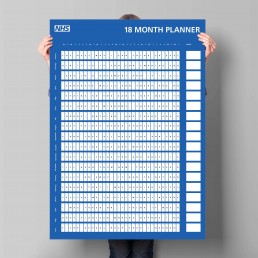
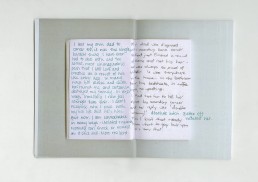
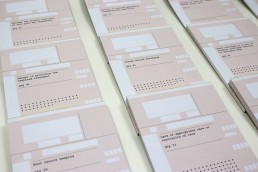

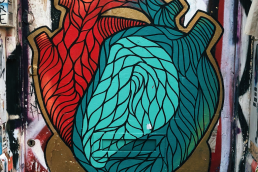


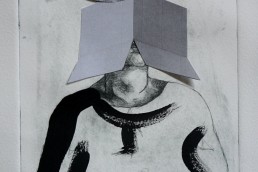


I’ve been waiting for therapy since August 2017 after a year of begging for help after a major trauma. To date I am still on the waiting list and still haven’t received any support or help. I have ptsd and now eupd since the mh team admitted my mh has advanced and should have been seen as an urgent case.